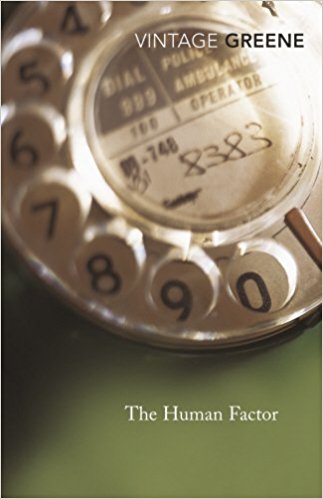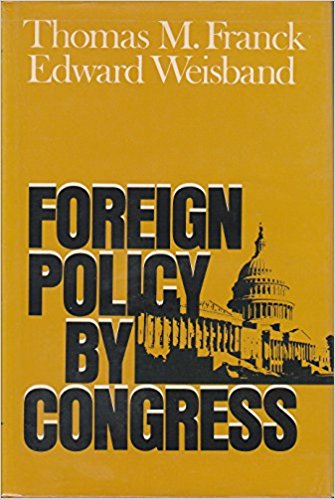Though not a particularly scholarly work, John Pemble’s book explores new arenas in the fashionable subject of the 1857 uprising. The first part of the book, entitled the ‘City’, is an eminently readable depiction of the Court life of Lucknow, with interesting observations on the emergence and themes of Urdu poetry that flourished in the Court of Oudh.
Archives
Mar-Apr-May-June 1980 . VOLUME 4, NUMBER 3/4/5/6The Second World War is a great divide in the history of 20th century Britain. It marks the transition of Britain as a world power to a period of post-imperial identity crisis. The 30 years since the war were difficult years of adjustment. A major protagonist was reduced to the role of a participant in the Greek chorus of nations.
The voyage of the Komagata Maru has its roots in the present as well as in the past. It had its links with the Ghadr party, the most powerful terrorist organization outside India engaged in the anti-imperialist struggle. But its relevance is no less to the immediate question of the Indian immigrants everywhere and their prospects and problems.
Dr Baker deserves credit for remedying the neglect of the Central Provinces and Berar. It should be appreciated that it is not an easy task to write a monograph on political changes in a province where information about the social and economic history of the region is still rudimentary.
Thomas Metcalf’s scholarly work describes the process by which the taluqdars of Oudh were transformed from rulers of men into modern rentier landlords. He has a small chapter on the origin of the Rajput clans—how they were superimposed on the local cultivating community through conquest and inter-clan rivalry.
Professor Hugh Tinker has written a fine, and also a very timely biography. Andrews died in April 1940 in Calcutta. Nine years later, Allen and Unwin published his first and still the most definitive biography written by two devoted friends and admirers, Banarsidas Chaturvedi and Marjorie Sykes.
The Second World War is a great divide in the history…
The declining sex ratio and the status of women in India are questions which should concern specialists and non-special¬ists alike. The Women’s Studies Program¬me of the ICSSR has’ taken up and funded a number of studies on women, but to inform the general reading public they have issued a number of pamphlets high¬lighting the main issues.
Both these books deal with issues relating to poverty and inequality in the context of socio-economic development in India, but their perspectives and methods of analysis are quite different. The value of the first book ·lies in its detailed quantitative analysis of the process of income generation and distribution in India
It is not really with India’s economy that Francine Frankel is concerned in her book as its title might suggest as with the political pressures and motivations behind its progress or retardation since Indepen¬dence—at the Central and State levels, and the party and governmental levels. he book could appropriately have been titled the ‘Politics of Indian Economy’.
1980
Maurice Castle, aged 62, works for ‘a department of the Foreign Office’—namely MIS. Even though he has· been with the ‘firm’ for 30 years, Castle is obviously not a successful spy as he is what appears to be, a rather lowly placed functionary in a two-man section devoted to South African affairs.
Walter Schweppe, a former lecturer in German at the University of Dacca, has translated sixteen German poems for this volume. As the title indicates, they range from the 18th to the 20th century.
In the spring of 1980 there is little praise to be heard about the formulation or conduct of US foreign policy. On the contrary, Americans and non-Americans alike see the US facing the danger of an ‘over all paralysis barely veiled by surface diplomatic activity’.
The question of fertility and the practice of family planning among Muslims is the subject of considerable political controversy in India. The book under review makes an important contribution to demographic literature by presenting detailed statistics on Muslims in Kanpur city based on a sample survey of 330 Muslim couples.
The current widely shared concern for building an egalitarian and just society in India often prompts scholars to inquire into the prerequisites for achieving this laudable objective. An understanding of the processes of change specific constituents of Indian society have experienced over a period of time can provide useful insights in this context.






